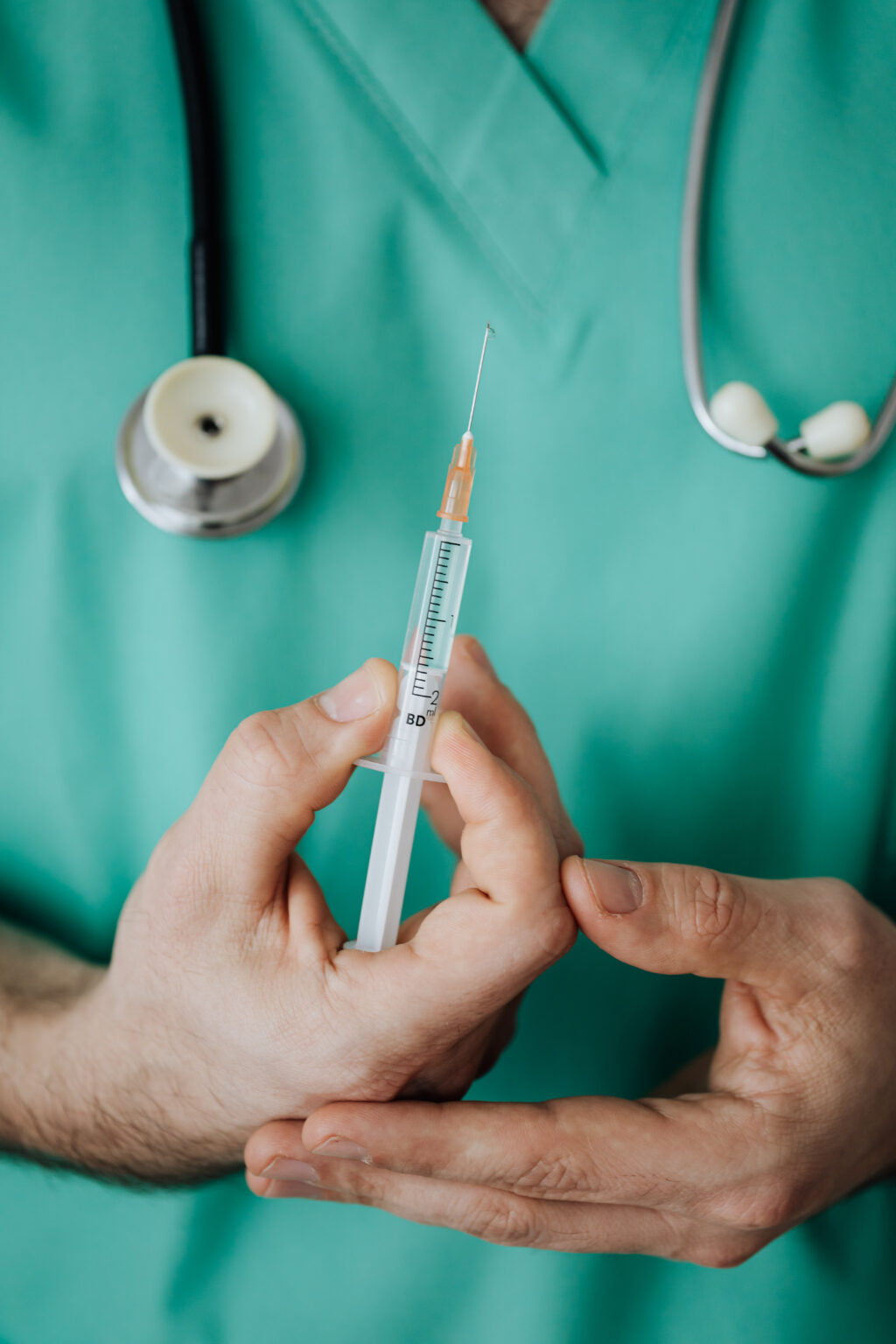Moderna’s mRNA-1273 Vaccine Candidate – an update

Dr. Shuvomoy Banerjee, PhD; Neucrad Health Desk July 19, 2020
Covid-19 pandemic continues its death toll all around the world every day. Many organizations have joined the ongoing vaccine development research to combat with this deadly pandemic. Among them, American biopharmaceutical company Moderna has obtained promising results for their mRNA candidate vaccine in human trial Phase-I. It has been reported that their Phase-III trial is set to begin in late July this year.
Moderna Company has expertise in mRNA vaccine research for a long time. In fact, phase-I trials of 7 of the 9 prophylactic vaccines developed by them are already underway. However, the research work on the mRNA-1273 candidate vaccine, which yielded the best results in this trial, was recently published in high-rated journal “New England Journal of Medicine“. Moderna’s vaccine is approved for the first time as candidate vaccine in America. The vaccine has been developed by using state-of-art mRNA technology and the side effects of this mRNA vaccine have been reported to be minimal. Before discussing in detail about Moderna’s mRNA vaccine and why it is used as a vaccine candidate, let’s take a glimpse of basic mRNA vaccine technology through this article.

mRNA Vaccines:
A conventional vaccine usually neutralizes an infectious pathogen or increases our overall immunity by introducing its protein antigen inside the body. Interestingly, mRNA vaccine can make the specific protein or antigen of the pathogen inside the body by translation mechanism. To generate mRNA vaccine candidate, messenger RNA or mRNA is synthesized in the laboratory by the scientists. This mRNA contains useful sequences information for the production of pathogenic antigens. When such synthetic mRNA is introduced inside the cells as vaccine, the translation process begins to produce the specific protein or a pathogen-specific antigen depending on the selected sequence. Consequently, newly developed antigen is presented at the cell surface, resulting, the accumulation of T-lymphocytes, dendritic cells, macrophages and other immune cells nearby the antigen presenting cell and an active immune response is produced.
Of note, many types of mRNA vaccines are currently being developed, for example- Non-replicating mRNA vaccine, In-vivo self-replicating mRNA vaccine, In-vitro dendritic cell non-replicating mRNA vaccine.

mRNA vaccine Vs. traditional vaccine
- The mRNA vaccine mimics the mechanism of normal viral infection in the body. Just as a virus made it’s mRNA by transcription and a viral protein by translation, just as an mRNA vaccine produces a protein or antigen. Even post-translational modification of proteins also occurs for preparing final antigen. Scientists have found that this method increases the activity of B- and T-lymphocytes.
- Different types of mRNA can be attached to an existing mRNA vaccine to create different combinations. They can make multiple viral proteins inside the cell. In many cases, proteins combine to form ‘Multimeric protein complex’, which induce the immune response rapidly.
- Synthetic mRNA is made by analyzing only the genome of the virus through In-Silico analysis. There is no need to culture the pathogen in the laboratory or to purify its antigen. Therefore, in term of additional facilities, neither tissue culture set-up nor protein purification system is required for experimental design. It is possible to work in a basic wet laboratory with bioinformatics technology. It saves both time and money.
Moderna has previously conducted research on the MERS-CoV vaccine development in a joint venture with the National Institutes of Health (NIH). Although MERS-CoV has different nature in comparison with current novel Corona virus. They informed that knowledge of previous research experience has been utilized to develop the mRNA-1273 vaccine candidate. In phase-I clinical trial, each of the 15 participants in the trial group was given low-dose (25 micrograms), medium-dose (100 micrograms) and high-dose (250 micrograms) vaccine shots in two consecutive phases respectively. Test results have demonstrated that the vaccine has boosted immune response in each participant. The highest effect was observed at a dose of 250 micrograms. However, according to the scientists, a significant amount of antibody neutralization and T-lymphocyte response was found at a dose of 100 micrograms after 64 days of the vaccination. Henceforth, Moderna will use this dose for their upcoming Phase-III clinical trial. Overall, scientists are eagerly waiting to see the impact of the moderna’s mRNA-1273 vaccine in Phase-III clinical trials.

References
- Jackson LA, Anderson EJ, Rouphael NG, et al. An mRNA Vaccine against SARS-CoV-2 – Preliminary Report [published online ahead of print, 2020 Jul 14]. N Engl J Med. 2020;10.1056/NEJMoa2022483. doi:10.1056/NEJMoa2022483
- https://www.modernatx.com/modernas-work-potential-vaccine-against-covid-19
- https://www.nih.gov/news-events/news-releases/experimental-covid-19-vaccine-safe-generates-immune-response
- Schlake T, Thess A, Fotin-Mleczek M, Kallen KJ. Developing mRNA-vaccine technologies. RNA Biol. 2012;9(11):1319-1330. doi:10.4161/rna.22269
- Pardi, N., Hogan, M., Porter, F. et al. mRNA vaccines — a new era in vaccinology. Nat Rev Drug Discov 17, 261–279 (2018). https://doi.org/10.1038/nrd.2017.243








